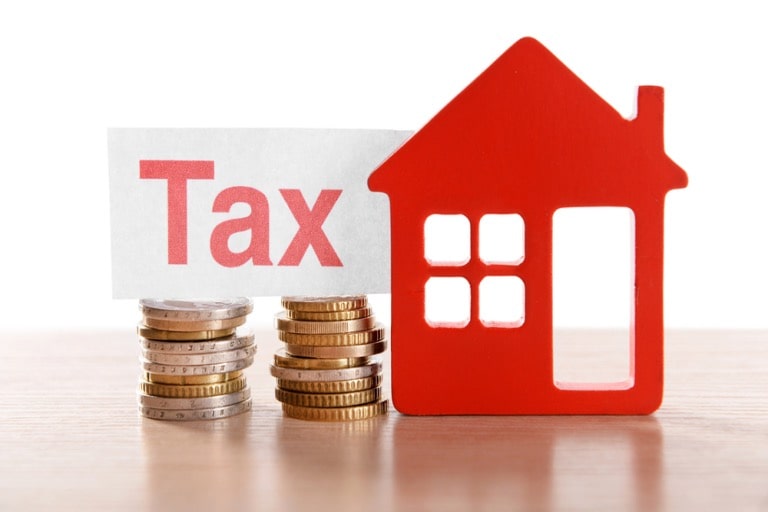Tax sales refer to the sale of real estate property to settle overdue taxes. When a property owner allows property taxes to accumulate, the government places a tax lien on the property. Tax delinquent properties present a lucrative opportunity for investors, but only if you understand how it works.
There are two categories of tax sales: tax lien sale and tax deed sale. A tax sale involves auctioning the property, including unpaid taxes.
A tax lien, on the other hand, involves selling the property’s lien to a private investor who can then pursue the owed money. Let’s learn more about tax-delinquent property auctions.
Understanding Tax Delinquent Property Sale
Local and state governments can auction a property if the owner fails to pay property taxes. This happens only after the government issues notices to the owner to pay taxes. They then open any resulting auction to the public to obtain an adequate price for the property.
During the redemption period, the owner has a certain amount of time to pay their taxes and retain their property before the auction. However, tax sale rules vary between provinces. You should research well before engaging in a tax-delinquent property auction in any municipality.
Public Tender vs. Public Auction
Municipal governments sell tax sale properties at public auctions where investors bid at public events. They can also sell through public tenders, where individual investors place bids via mail for an extended period. In either case, the property goes to the highest bidder.
Experienced investors always look for tax delinquent properties to find lucrative investments. You can find available properties by looking at municipal offices’ public notices.
While the municipality may not share much information, you can find details of the auction time and place. They also share a legal description of the property, street, address, and bidding terms. Sometimes, you may find photos of the property, but not always.
Make Money Out of Tax-Delinquent Property Auction
Homeowners whose properties undergo a tax lien get a redemption window in which they pay their overdue taxes plus interest to the new lien holder to retain their properties.
If the property owner redeems their property, the investor earns money from the accrued interest. Interest rates vary between provinces.
No Inspection for Tax Delinquent Properties
You only buy a tax sale property as it is without inspection. Municipalities do not give tax sale investors the right to enter a home to evaluate its value before deciding whether it’s a worthy investment, which makes it a risky venture.
If you purchase an environmentally damaged or contaminated property, you will fix it. If the former owner does not use the property currently, it might be in poor condition with unkempt surroundings. The municipality requires you to fund cleanup costs as the new owner.
Minimum Tender Amount
The minimum tender amount is also known as the cancellation price. It is all tax arrears up to the tax sale announcement date. It includes interest, penalties, and all reasonable costs accrued when the municipality registers the property as tax delinquent and up for sale.
The lowest tender amount is crucial because it is the lowest you can place during the auction. The auctioneers automatically reject any bid below this amount. If you win the bid, you must pay this amount immediately. The municipality allows you to pay other costs within three business days.
Paying the Purchase Price
If you are the highest bidder in a tax-delinquent property auction, you must pay the municipality the purchase amount immediately. If you do not have the money or cannot cover all the costs, the property is sold to the next highest bidder, or the auctioneer places it for sale at the next tax sale.
It is best to have cash on hand before going to a tax lien auction. If you need funding, estimate the amount you are willing to spend on the bid and secure your funds beforehand.
The Redemption Period
The owner can redeem their home within a given time after the auction. The redemption period is up to one year. During this time, the municipal government taxes and assesses the property in the former owner’s name. The owner also retains property ownership.
Nevertheless, they must pay the upset price, maintenance costs, taxes, and interest within one year of the auction. If the owner cannot pay the owed amount, the highest bidder claims the property.
However, if they pay all the money plus interest, the highest bidder surrenders their ownership claim. The municipality then returns the bid in full. Tax-delinquent property auctions are a lucrative opportunity for risk-taking investors to boost their real estate investment portfolio.
Conduct extensive research to find out which tax-sale properties are worth the risk. You get your money back if the owner pays the tax due within the redemption period.
